#TheSentinelsOfEden #BlogTour #BooksOnTour #Day6
Guest Post by Carolyn Denman
A Case for the Intelligent Protagonist
A few weeks ago while I was watching a show aimed at older children, I had a rather distressing revelation. It grew from my increasing frustration with the main character who could not see the blindingly obvious threat, and then when everything started to fall apart, didn’t do the obvious thing to fix it. You may call this a standard plot weakness, but I’ve realised that it’s actually more depressing than that. The real issue is that I’m rather shallow. Yes, I’m ashamed to admit it, but when it comes to the heroes in a story, I have no tolerance for people less intelligent than myself. How bad is that? Perhaps it shouldn’t surprise me. After all, society is geared towards valuing intelligence above pretty much everything else. Our compliments and insults reflect it, our pay grades reflect it (or at least, when they don’t it’s seen as highly unjust) and now that I’ve begun to pay attention, our art and stories reflect it. I suppose this is not necessarily a bad thing, so long as we give credit to the different forms of intelligence. There are at least nine, as you probably know.
‘The hero must always outsmart the villain.’
Unfortunately none of the other forms seem to matter much if the hero of a story is simply not clever. The hero must always outsmart the villain. Otherwise we are left feeling that they don’t deserve to win. And no, it’s not enough just to make the antagonist dimmer than the hero. We like our villains to be clever too, or else there’s no challenge. Might as well leave McAuley Culkin home on his own over Christmas. He’ll be perfectly fine if that’s all he’s up against. The only benefit in making the villains dumb is to make them less scary – good for children’s books, not so good for older readers.
Take a moment to think through your favourite stories, how did the protagonist defeat the villain’s evil plot? Was it with strength, luck, or was the bad guy outsmarted? Even the most ancient myths and fairy tales revolve around the protagonist outwitting the monster. Except for Snow White, she totally fell for the trick with the apple and did nothing useful after that. And Cinderella, all she did was stand there while her fairy godmother sprinkled her with glitter. She couldn’t even follow the one simple rule properly. And Sleeping Beauty – how hard is it to go for a day without pricking your finger on a piece of machinery that has no business being in a castle in the first place…okay, I think I just worked out why those stories have never really worked for me.
What about other stories that fall flat? The ones that have been criticised as having plot holes. Are they really illogical plots, or is it just that we can see an obvious solution to the hero’s problems that they don’t see? One of the most common complaints I hear about paranormal YA stories is when the girl with the gifts doesn’t think to use her special talents when she should. That one really gets readers angry.
On the other hand, what does work for me is a plot line that challenges me to keep up. One where Moriarty is so smug that you want to slap him, but he’s so insufferably clever that you despair of anyone ever being capable of outwitting him, until that glorious moment when you realise that Sherlock was a step ahead of him all along. In truth, this is the story everyone wants – at their own level. From wanting Ariel and her friends to see through Ursula’s disguise to solving the murder mystery in Altered Carbon – everyone loves a clever protagonist. Are we all that shallow? Perhaps more importantly, do authors have a social responsibility to introduce something deeper for us to admire in our heroes?
The best attempt at subverting this foundation of story writing that I can think of was done by JK Rowling. Voldemort’s killing curse backfired because of Lily Potter’s love for her son. No one outsmarted him. She worked hard to keep this going by having Harry’s loyalty to Dumbledore be the key to getting Gryffindor’s sword in his hand at just the right moment to defeat the basilisk. She also made it clear all the way through the series that friendship and loyalty were the keys to success. You could argue that Hermione filled the gaps by solving most of the mysteries, and her cleverness is one of the reasons we love her, but it isn’t the only reason. The other big success story is Frozen. Anna and Elsa were totally duped by Hans, but their compassion had won them allies who helped them when needed, and their love for each other is what defeated the threat in the end. Let’s not talk about that king hit coward-punch here, though.
There are many factors involved in why a story may or may not leave a reader feeling satisfied, but all of them come down to whether the reader feels that the protagonist deserves to win. Sure, it isn’t so hard to establish that the heroes are good and the villains are bad (flipping that has been proven to be fun, so long as the ‘good villain’ still wins) however, I like to have the stakes even higher. I want to feel like the hero deserves to win because they have overcome a personal character flaw, or found strength they didn’t know they had, or remained loyal to truth or kindness, or love, or done something so clever that I would never have thought of it myself.
We all journey through a story living vicariously through the protagonist, and we like to leave a story feeling good about our protagonist-selves. I believe authors have a responsibility to reveal to readers what is truly important. Yes, we generally do a good job of this when we analyse the themes of our stories, but I think we also need to be careful to stay focussed on what it is the readers will feel vicariously proud of themselves for, and be clear about it. Why does the hero deserve to win? Is it because she is pretty enough to win a prince’s heart? Because she can fight better than the villain? Because she has the leadership skills to inspire an army to victory? Because she was born with an intelligence to rival Steven Hawking? Or because she learns from her mistakes and overcomes her character flaws? I’m sure you can add more reasons. The point is that none of them are invalid. We just be clear on which one is the most important, and which one we want to leave our readers vicariously feeling.
#YAFantasy #UrbanYA #herovsvillain
Grab a Piece of Paradise – It’s Giveaway Time!
Simply tell us who you would love this set, and you’ll be in the running to win the set of three spellbinding books in The Sentinels of Eden series by Carolyn Denman!
For more details click here.
The Sentinels of Eden Blog Tour Schedule
PLUS!
Sunday April 8
Brydie Wright – www.brydiewright.com
Monday April 9
Susan Day – www.astrosadventuresbookclub.com
Wednesday April 11
Boomerang Books – http://blog.boomerangbooks.com.au
Thursday April 12
Megan Higginson – www.meganhigginson.com/blog
Friday April 13
Share Your Story – www.sharingyourstory.com.au
Subscribe here to stay in the loop









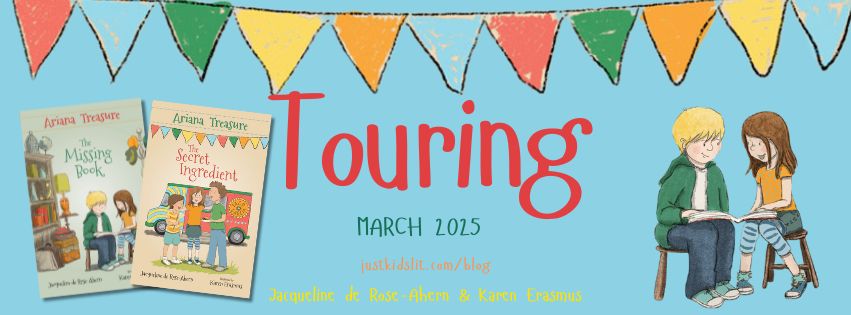
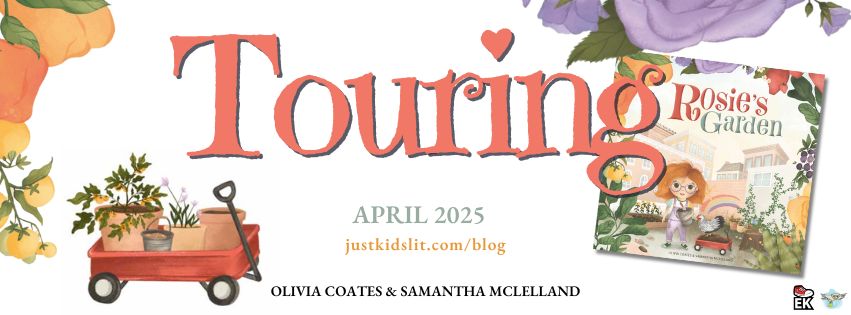
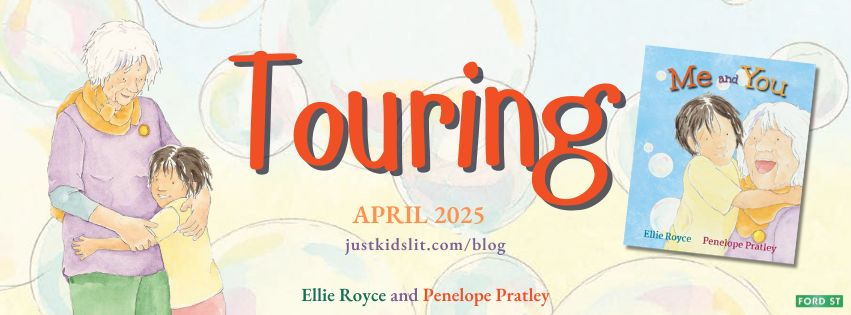
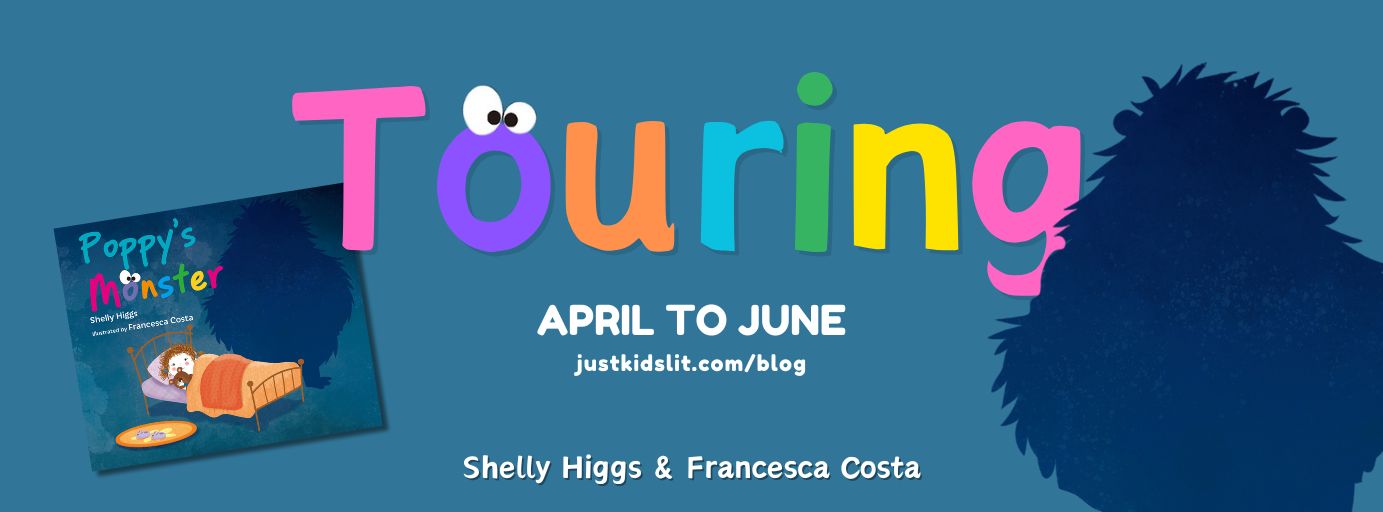
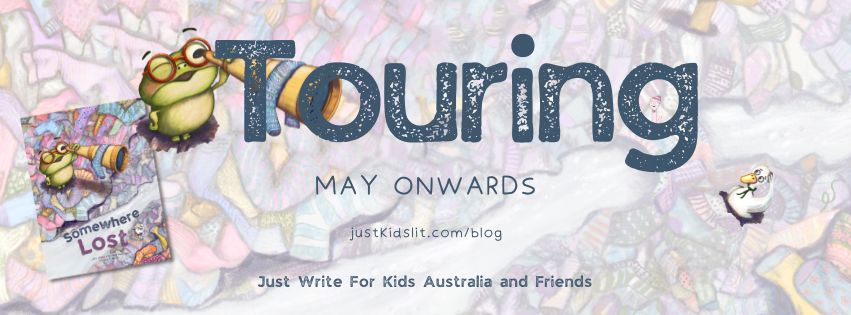





One thought to “A Case For The Intelligent Protagonist by Carolyn Denman”
Great points made, Carolyn. I love it when the author mixes things up and it’s not logical intelligence that saves the day.